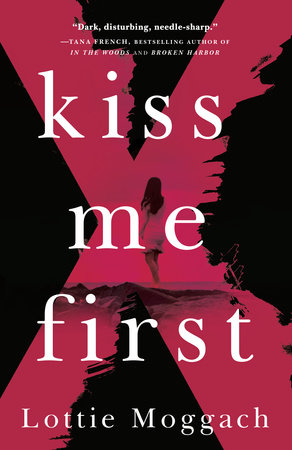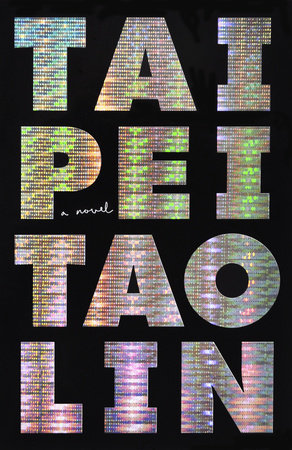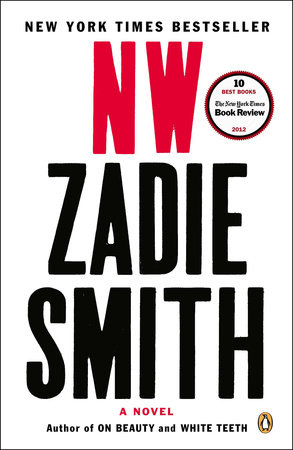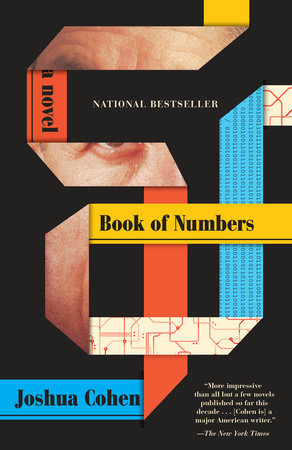Reading Lists
9 Novels About Social Media Identities

I wrote Meatspace, a book about the frailties of social media identities when they bleed into real life and the confusion that comes with over-familiarity online and how it breeds contempt for our offline relationships, because I became obsessed with who we really are if we’re spending our entire lives taking the best photos of ourselves, turning our stories into the most tweetable quips and sharing our best selves.
What if this isn’t how things actually are? What is that doing to our brain chemistry? Our relationships?
People asked me afterwards if I worried that a book about social media would date at all. I said that sure, the references might date, but the story—the one of identity, confusion and loneliness—is pretty timeless. People still study Jane Austen. And her books are filled with letters. Dracula is collated diaries, letters, journals, and articles. How outdated are all of these?
Here are ten novels that ooze social media. Because, even if you’re not a heavy Twitter user or Instagrammer, you can’t ignore their prominence in the way we live. And it’s not all bad.
The Circle by Dave Eggers
On the one hand, this is a terrifying body snatchers-style techno horror about a cult masquerading as a bunch of do-gooders wanting to improve the world. On the other, it’s an allegory for how the very ethos of Silicon Valley, of the constant broadcast, of zero privacy = consummate accountability, may be founded on a field of shit.
Kiss Me First by Lottie Moggach
Another terrifying look into the murky world of being someone else online. Kiss Me First is a well-paced thriller about identity and pretending to be other people.
Taipei by Tao Lin
Tao Lin is perhaps one of the authors best at integrating the act of clicking, swiping, zoning out, absorbing content, typing, reading with disdain, ennui, and the very turgid functional nature of the internet into his terse prose. Few writers are able to do this as seamlessly as him.
Eleven by David Llewellyn
A book that exists as a series of print-outs of emails — funny, and illuminating in that they become the collected narrative of a series of unreliable narrators, which makes you realise what often doesn’t get said in our electronic communications, and how tone and nuance, left at the door, can lead to utter chaos.
NW by Zadie Smith
It’s specifically in the section about Keisha Brown that we get to see how easily social media, and the internet, can turn us into active participants. When everything is a click away, it becomes an anonymous thrill to pretend to be other people and live other lives entirely separate to your own.
No Harm Can Come to a Good Man by James Smythe
The way seeded content arrives before us is all based on intricate algorithms, tracking what we do, say, see, what our friends do, say, see and trying to create a picture of who we are and what we’ll be easily susceptible to. No Harm manages to turn this algorithm culture on its head and show that while the numbers may not lie, they may not be able to compete against humanity.
The Book of Numbers by Joshua Cohen
Even more meta than Meatspace, Joshua Cohen writes of Joshua Cohen who is sent to write about Joshua Cohen, the CEO of a Google-esque search engine called Tetration. What happens next is a meandering exploration of the internet and of immortality.
Friendship by Emily Gould
Friendship is a funny and painfully real dissection of friendship when it’s put to the test by the staples of city-living — rent, ambition, lack of ambition, boozing, and sex. All the good stuff. Gould is excellent at weaving into the text, without it being clunky, interactions between our two main heroes that happen over email, text, social media, and blogs, and it feels real. Now. How our friendships really unfold. Not with a heart-on-the-table pub chat at 1 a.m. But with a carelessly worded hastily sent electronic communication.
To Rise Again at a Decent Hour by Joshua Ferris
Another Joshua, another bloke (why do we care about social media so much, man?), Ferris writes a bizarre shaggy dog story about the internet and identity, about spirituality, dentistry, and mediocrity. Cutting through all of this is his inventive humor and sideways plot tangents.


















